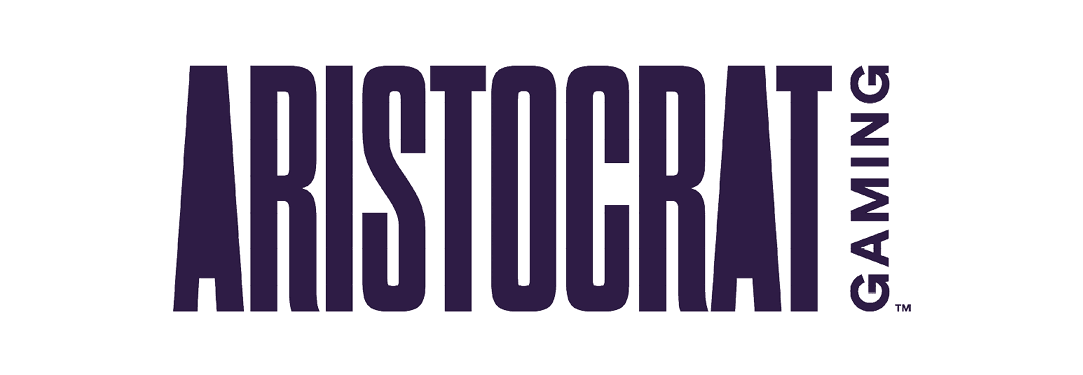Publications
Employment Law Reform: Final Amendments Taking Effect

As you will be aware from SIAG Circulars, there have been a number of waves of amendments coming into effect pursuant to the ‘Closing Loopholes’ amendments to the Fair Work Act 2009 (Cth) (the Act).
The final changes from the Closing Loopholes amendments will come into force in the coming months. By early 2025, we will see several key amendments come into effect.
These changes include:
- increases to the maximum civil penalties for wage underpayments;
- new criminal penalties for employers who intentionally underpay their workers; and
- new labour hire arrangement orders available upon application to the Fair Work Commission (the Commission).
Increases to maximum civil penalties for wage underpayments
From 1 January 2025, there will be an increase to the maximum civil penalties for wage underpayments.
The civil penalty for wage underpayments will be increased to three times the value of the underpayment, or $469,500. If it is a serious contravention, it will be three times the value of the underpayment or $4,695,000.
These increases do not apply to small business employers.
Introduction of a new criminal offence and penalties for intentional wage underpayments
Another change taking effect from 1 January 2025 is the introduction of new criminal penalties for employers who intentionally underpay their employees.
A criminal offence is committed where the employer is required to pay an amount to an employee or on behalf of or for the benefit of an employee under the Act or an industrial instrument (which includes the Registered and Licensed Clubs Award 2020), and the employer intentionally engages in conduct which results in these amounts not being paid when they are due.
The new provisions include the following penalties for a company:
- where the court can determine the quantum of the underpayment, a fine the greater of 3 times the amount of the underpayment or $7,825,000; or
- where the court cannot determine the quantum of the underpayment, a fine of $7,825,000.
The new provisions include the following penalties for an individual:
- a maximum of 10 years in prison; or
- where the court can determine the quantum of the underpayment, a fine the greater of 3 times the amount of the underpayment and $1,565,000; or
- where the court cannot determine the quantum of the underpayment, a fine of $1,565,000.
These provisions do not apply where an employer has unintentionally or mistakenly underpaid their employees.
The above two amendments continue earlier amendments around strengthening the penalties and consequences for employers who fail to pay their workers minimum entitlements. We recommend that Clubs undertake regular audits of their payroll in order to ensure that they comply with the obligations under the Award.
Labour hire arrangement orders
A labour hire arrangement is entered into where an employer contracts with another business to provide them with workers.
From 1 November 2024, applicants may apply to the Commission to receive a labour hire arrangement order. These orders will affect employees on a labour hire contract.
An arrangement order ensures that employees on a labour hire contact (regulated employee) are paid the same rate of pay (protected rate of pay) if they were directly hired by the employer (regulated host) to do the same work.
An application for such order can be made by the regulated employee, an employee of the regulated host, a union, or the regulated host.
An order must be made where:
- an employer supplies, or will supply, either directly or indirectly, one or more employees to a regulated host to perform work for the regulated host;
- the regulated host is not a small business employer; and
- the host employment instrument would apply to those regulated employees if the regulated host were to employ them directly to perform work of that kind.
An order will not be made where:
- the performance of the work is or will be, wholly or mainly providing a service, instead of supplying labour, considering:
- the employer’s involvement in managing performance of the work;
- the extent to which the employer directs, supervises or controls the regulated employees while they work;
- the extent to which the regulated employees use the employer’s systems, plants or structures to carry out work; and
- the extent to which the employer is subject to industry or professional standards in relation to the regulated employee, and how specialised or expert the work is;
- or, it is not fair and reasonable in all the circumstances to do so, considering:
- the pay arrangements applicable to employees of the regulated host;
- the history of industrial arrangements that apply to the regulated host and the employer;
- the relationship between the regulated host and the employer;
- the terms and nature of the arrangement under which the work will be performed; and
- anything else the Commission thinks is relevant.
Need further assistance?
The above explanations are designed to give you an overview of the disciplinary procedure that binds your club and to the amendments coming into force soon.
If you are responding to an employee complaint about member conduct, you may wish to contact SIAG for an initial discussion in order to ensure that your proposed course of action is prudent and in line with your various obligations (as touched on in this article).
SIAG is your specialist employment law and industrial relations service provider, with a longstanding partnership with CCV. You can contact SIAG Monday to Friday during business hours on 1300 7424 47.
If you would like to see view previous articles use the search function below






Loading...







